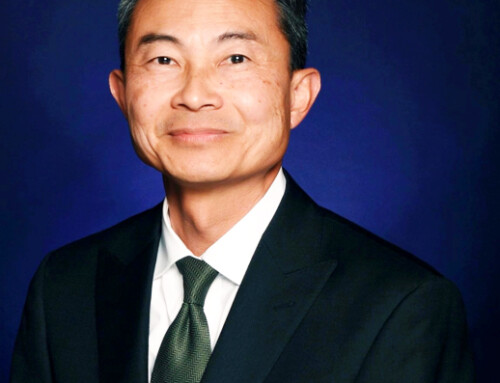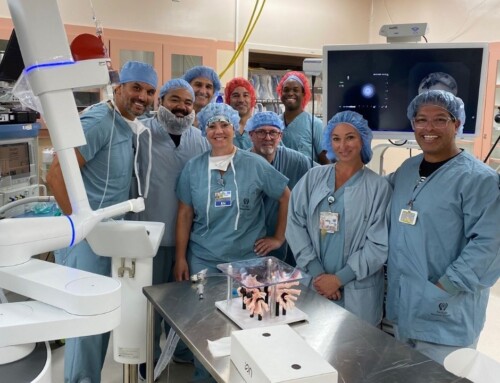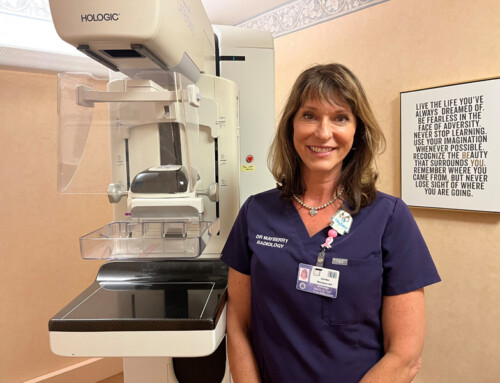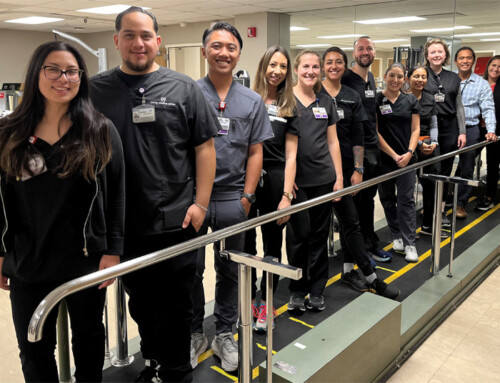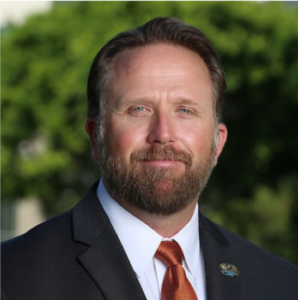
Aaron Byzak
“Whether it’s their physical or mental health, men are notorious for suffering in silence,” said Aaron Byzak, Chief External Affairs Officer at Tri-City Medical Center. “Unless it’s an egregious challenge that they’re facing, guys seem more oriented toward just pushing through the pain. Unfortunately, when the warning signs get missed or ignored, their health can suffer causing lifelong medical issues or even worse, death.”
“During Men’s Health Month, we want to encourage men to put aside that stoic, tough guy stereotype and instead, take control of their health – for themselves and their loved ones,” added Mr. Byzak. “This starts with learning about the major health issues that affect guys and how they might be prevented with regular screenings and checkups, and a healthy lifestyle.”
According to the Centers for Disease Control and Prevention (CDC), heart disease, cancer and COVID-19 were the leading causes of death for men in the US between 2018-2021. Men are at greater risk of having a heart attack than women and having it earlier in life; additionally, the American Heart Association reports that middle-aged men who are anxious and worry more may be at greater risk for developing heart disease and stroke. The most common types of cancers seen in men include prostate, colorectal, lung and skin, according to the American Cancer Society.
When it comes to their mental health, men, especially those aged 75 and older, are almost four times more likely to die by suicide than women, as determined by the National Institute of Mental Health. Men are also experiencing more anxiety and depression, which often manifest as anger and aggressiveness, instead of sadness. Unintentional injuries, due to sports or accidents at home or work, are another health risk for men of all ages.
“A primary care physician (PCP) is the first line of defense when it comes to identifying many of these issues before they become a big problem,” said Mr. Byzak. “It’s important for men to recognize that it’s OK to take time off from work and to seek the help they need for both their physical and mental health – there is no reason to be embarrassed,” added Mr. Byzak. “Often it takes a spouse, significant other, family member or friend to push men to see their doctor.”
At Tri-City Primary Care, doctors can provide annual checkups, disease diagnosis and health maintenance, as well as preventive care, like flu shots and vaccinations. Depending on a man’s age, a PCP may also order health screenings for high blood pressure, heart disease, diabetes or cancer, especially of the colon or prostate. Recent guidelines from the CDC recommend that screenings for colorectal cancer begin at age 45, and at age 55 for prostate cancer.
“It’s no surprise that men probably feel more comfortable seeing a male doctor for urological problems but may be more open with a female physician, especially when it comes to discussing their mental health, as it may feel safer and less judgmental,” added Mr. Byzak. A study conducted by psychologists at Rutgers University supports this premise, noting that men did not want to show weakness to a male doctor. The researchers also found that men are less likely to see a doctor than women, and those who felt that they should be tough, brave, self-reliant and not show their emotions, were more likely to ignore their medical problems than those who did not.
“The best way for men to take care of themselves is to make their health a priority and develop healthier habits such as exercising regularly, eating a nutritious diet, getting a good night’s sleep, maintaining a healthy weight, and limiting or stopping tobacco, alcohol or drug consumption,” added Mr. Byzak. “For me, surfing is the best form of relaxation to reduce stress. Nothing makes me happier.”
“However, if something should happen, TCMC offers a broad range of exceptional specialized cardiovascular, urologic, orthopedic and behavioral health services because we want the men in our community to stay healthy,” said Mr. Byzak. “Whatever your needs are, we are here to help.”
To learn more about the Primary Care Services offered at Tri-City Medical Center, call 855-222-8262 to be referred to a Tri-City Primary Care physician.


